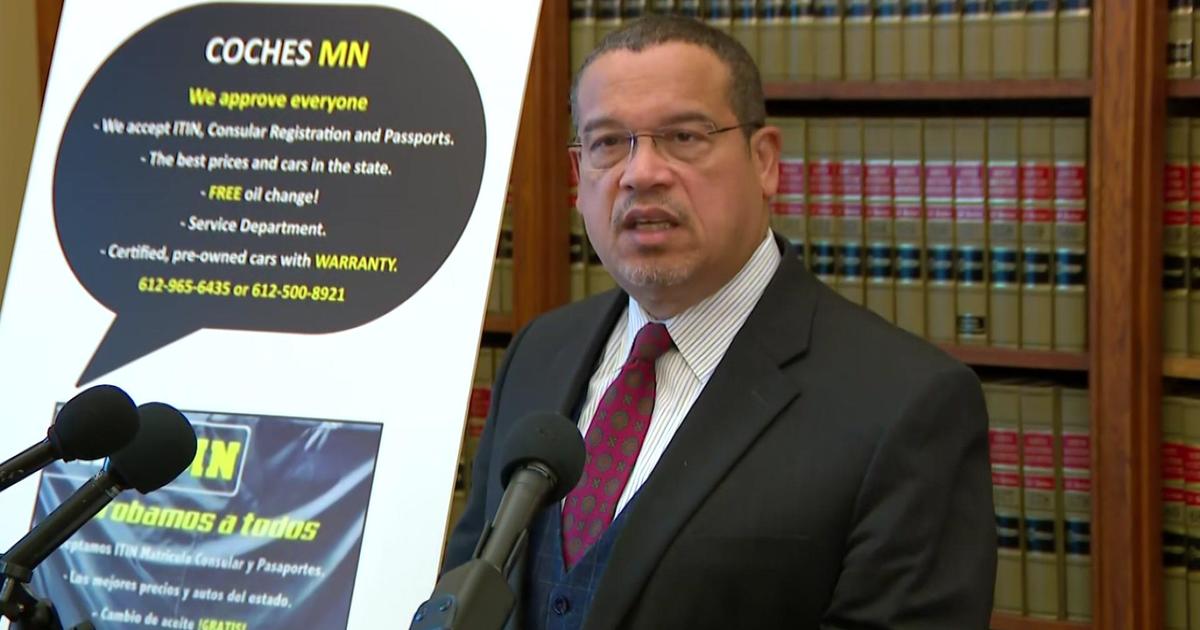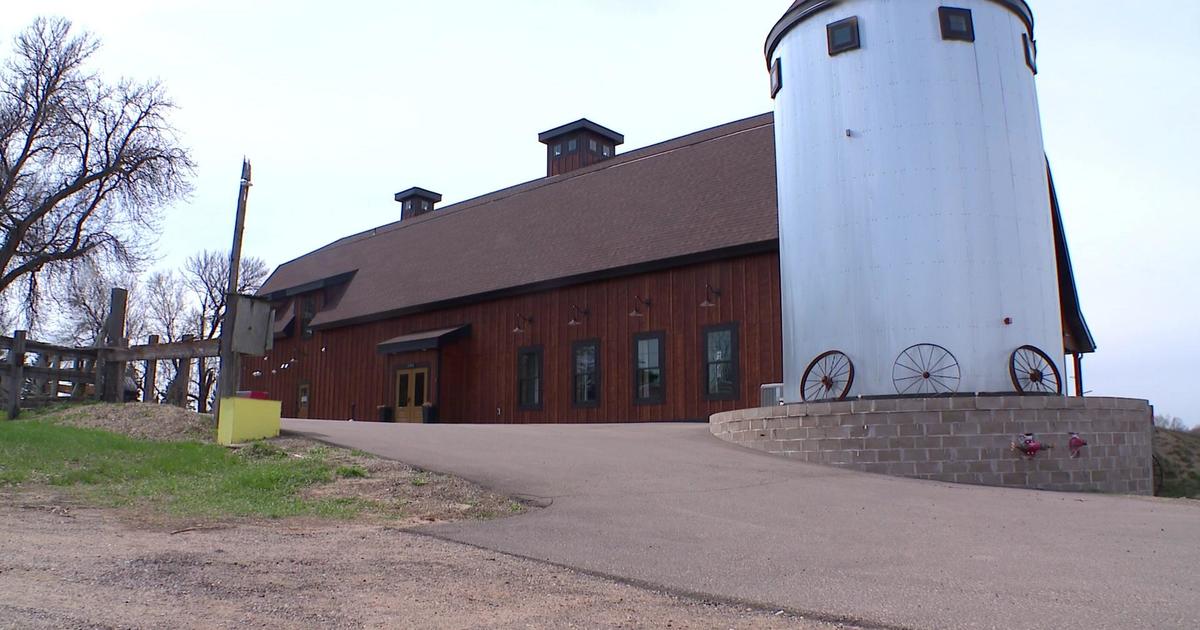Environmental Projects Make The Legislative Agenda
MINNEAPOLIS (AP) — When it comes to the outdoors and the environment in Minnesota, the 2014 legislative session is going to be about money for projects.
The big borrowing bill for public works projects will be the top item on lawmakers' agenda during the short session that convenes Tuesday. It's expected to fund several projects affecting the environment — amid myriad others — and such measures are typically subject to much debate and horse-trading. But two separate lists of other projects will also come up. One will draw on the Legacy Amendment sales tax, while the other will tap a trust fund supported by the state lottery.
Key lawmakers and lobbyists consider those three lists the top environmental and outdoor priorities for the session. Legislative leaders have already signaled reluctance to consider tighter restrictions on copper-nickel mining or mandatory deposits for beverage containers. Some sort of game-and-fish bill may pass, although what it might include is uncertain. Other policy initiatives will have to compete for attention amid busy committee schedules and an adjournment target for mid-May.
"Things come up. It wouldn't be a normal legislative session if they didn't," said Rep. Jean Wagenius, DFL-Minneapolis, chairwoman of the House Environment, Natural Resources and Agriculture Finance Committee, who's seen as an environmentalist with a strong interest in water issues.
Gov. Mark Dayton has proposed $986 million in state borrowing for a long list of construction projects. They include: $70.7 million for drinking water and wastewater projects; $54.6 million for natural resource projects, including parks and trails; $17 million in transit improvements; $12 million for upgrading aquatic invasive species, bee and other laboratories at the University of Minnesota; and $7.8 million for pollution control initiatives.
But legislators and interest groups have their own ideas. For example, the governor's proposal contains no money for a new light rail line in Minneapolis or for Lake Vermilion State Park in northeastern Minnesota, which are important to some legislators. Nor does it include a wetlands-and-grasslands restoration project that's a priority for environmental and conservation groups. So the final list of which projects are in or out is subject to change.
In contrast to the borrowing bill, the two other lists aren't expected to generate as much debate, partly because they've already been vetted by special panels that have already hashed out the contentious issues.
The Lessard-Sams Outdoor Heritage Council has recommended almost $109 million for 37 projects from the Outdoor Heritage Fund, which uses proceeds from the 2008 constitutional amendment that increased the sales tax. Many projects deal with prairie and aquatic habitats. But the list also includes $2.8 million to help the Fond du Lac Band of Chippewa buy and protect land in northeastern Minnesota, a move that generated some disagreement in the screening process because the tribe would ban wolf hunting on that land.
The Legislative-Citizen Commission on Minnesota's Resources has recommended 71 projects totaling almost $29 million from the Environment and Natural Resources Trust Fund, which gets its money from lottery proceeds and investment income. The list is heavy on research dealing with clean water and air; invasive species such as Asian carp and the emerald ash borer; vulnerable species such as moose, bees and butterflies; and renewable energy.
A game-and-fish bill isn't absolutely necessary, especially if it's going to attract a bunch of amendments on the floor, said Rep. David Dill, DFL-Crane Lake, chairman of the House Environment and Natural Resources Policy Committee. He said there aren't enough votes to impose a wolf-hunting ban, which he'd oppose, and said he doesn't expect lawmakers will mandate a moose hunting season in 2014.
Dill said his main priority is jobs for northeastern Minnesota, which includes defending mining and logging.
"We've got a tremendous amount of natural resources standing on a stump that aren't getting used," Dill said. "So we're going to be looking for ways to use those resources, and mining resources as well."
(© Copyright 2014 The Associated Press. All Rights Reserved. This material may not be published, broadcast, rewritten or redistributed.)



